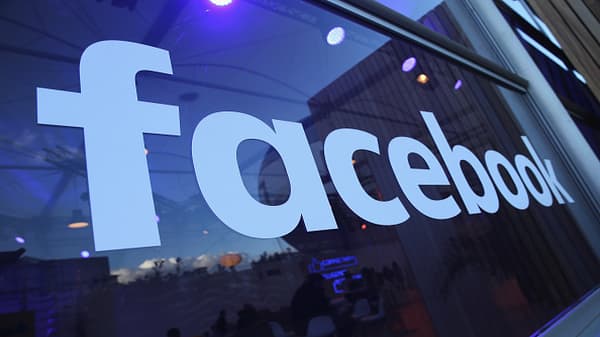While
the justices tend to describe themselves as being
apolitical, the court of Chief Justice John Roberts
has shown a distinct preference for speech cases
that concern conservative ideology, according to an empirical
analysis conducted by
researchers affiliated with Washington University in
St. Louis and the University of Michigan.
The
analysis found that the justices on the court
appointed by Republican presidents sided with
conservative speech nearly 70 percent of the time.
"More
than any other modern Court, the Roberts Court has
trained its sights on speech promoting conservative
values," the authors found.
Polls
show that both Democrats and Republicans believe
that social media companies censor their users,
however, the issue swings heavily conservative.
Eighty-five percent of Republicans believe that
social media companies censor speech the companies
find objectionable, compared with 62 percent of
Democrats, according to a June survey conducted
by the Pew Research Center.
The
survey also found that 4 in 10 Americans believe
that the companies favor liberal speech, versus just
1 in 10 who believes the companies favor
conservative speech.
In
August, President Donald
Trump blasted Google for
allegedly suppressing conservative speech. In a post
on Twitter, Trump wrote that "they are controlling
what we can & cannot see. This is a very serious
situation-will be addressed!"
Rep.
Devin Nunes, R-Calif., the conservative chairman of
the House Intelligence Committee, in July accused
Twitter of censorship and threatened legal action
against the company.
Perhaps
most dramatically, Facebook, YouTube, Apple and
the music platform Spotify removed content
from right-wing conspiracy theorist and
provocateur Alex Jones in
August, accusing the talk show host of violating
their terms of service. Indeed, MNN cited Jones's
removal in a legal brief, saying it was an example
of the heightened attention to the issue of First
Amendment rights online.
The
major social media companies, which either did not
respond or declined to comment to CNBC, have said
they do not censor speech based on political
ideology.
In
August, as the uproar from conservatives reached a
fever pitch, Twitter CEO Jack Dorsey called
into the radio show hosted
by conservative commentator Sean Hannity.
"We
do not shadow ban according to political ideology or
viewpoint or content. Period," Dorsey said at the
time.
For
its part, Google released a statement saying that
its search feature "is not used to set a political
agenda and we don't bias our results toward any
political ideology."
During
an April hearing before the Senate's Commerce and
Judiciary Committees, Facebook CEO Mark Zuckerberg
was grilled by Sen. Ted
Cruz, R-Texas, about whether Facebook
considered itself a "neutral public forum."
"There
are a great many Americans who I think are deeply
concerned that that Facebook and other tech
companies are engaged in a pervasive pattern of bias
and political censorship," Cruz said.
In
response, Zuckerberg said that Facebook is a
"platform for all ideas."
--
CNBC's Sara
Salinas contributed
to this report.



